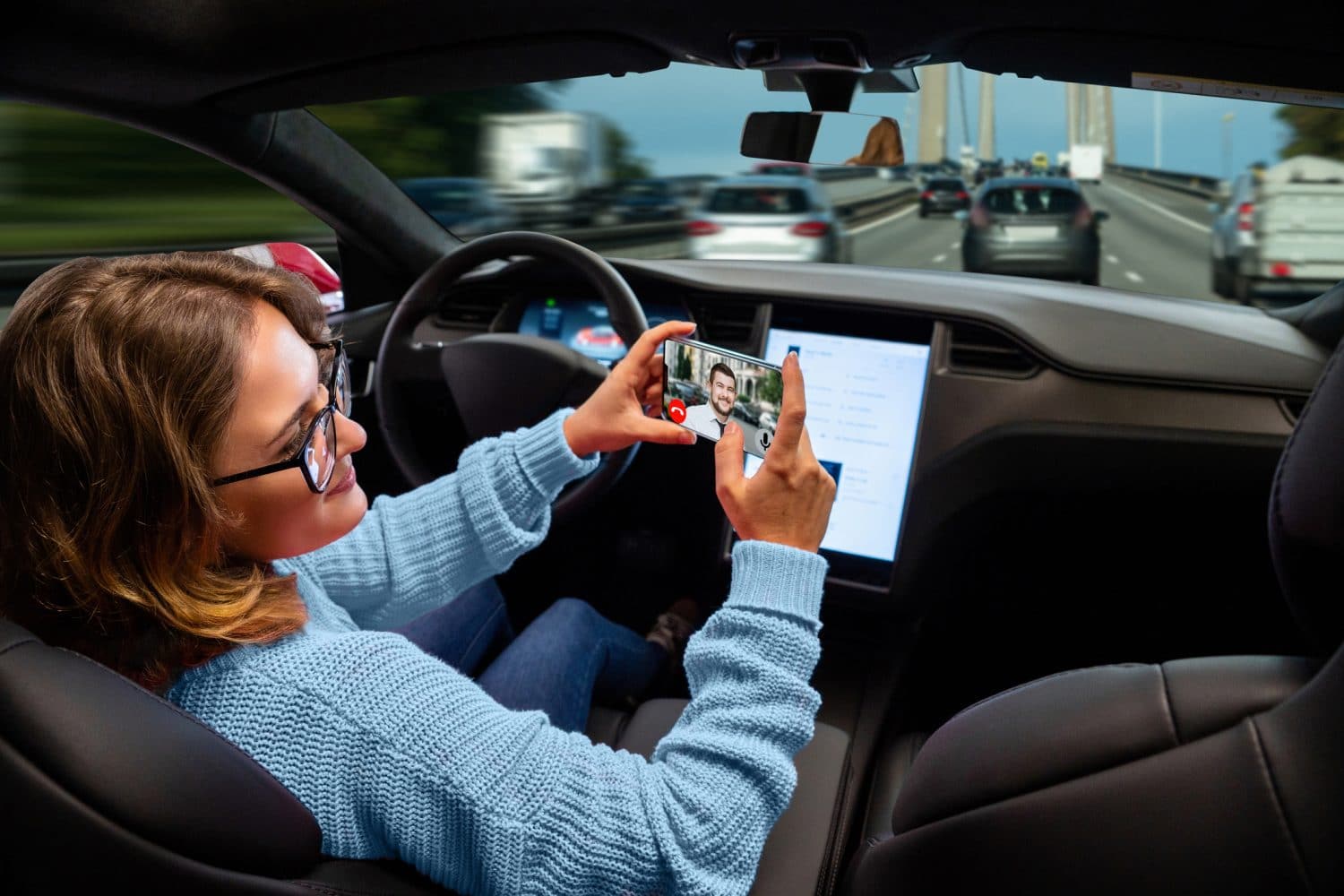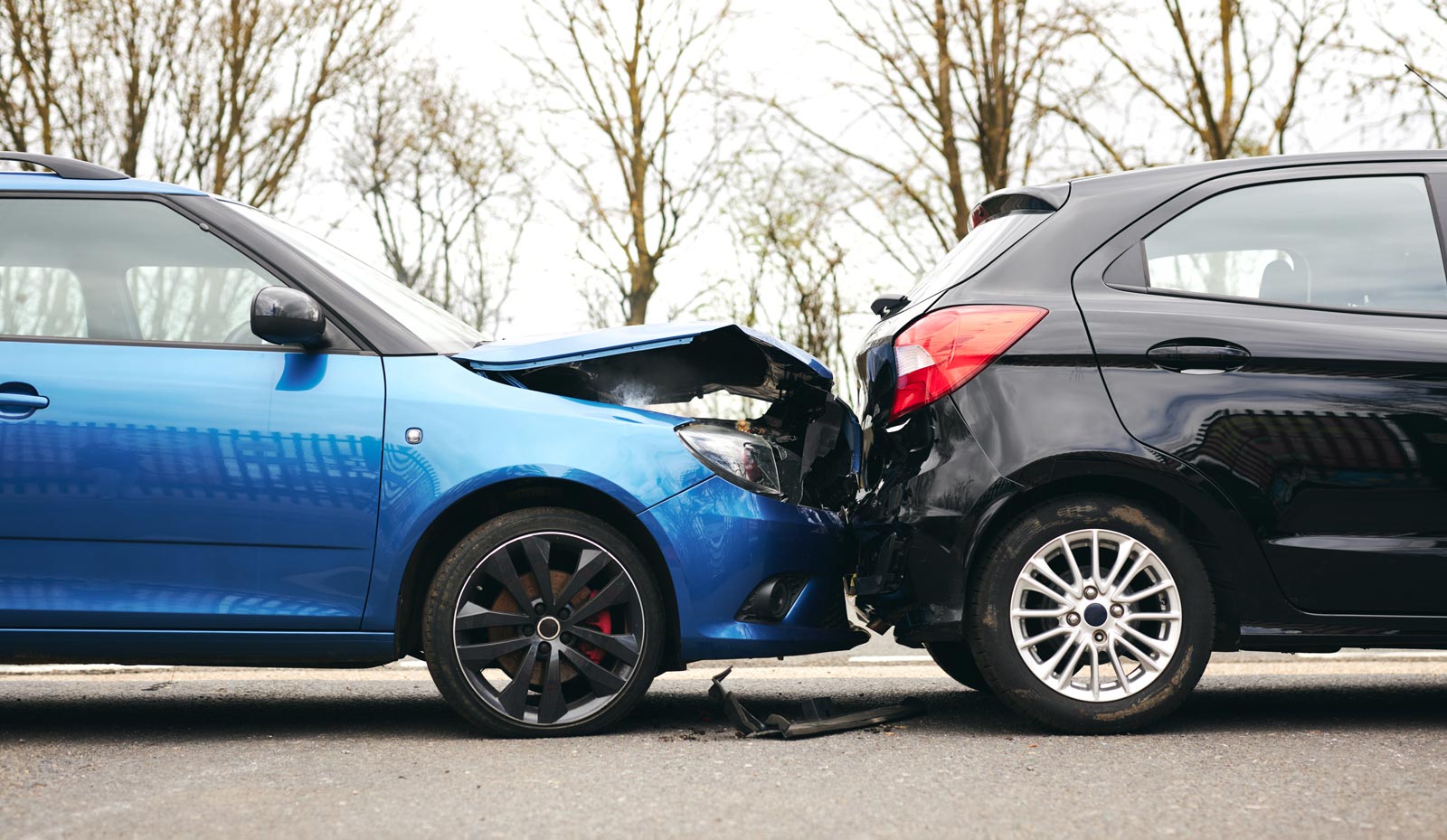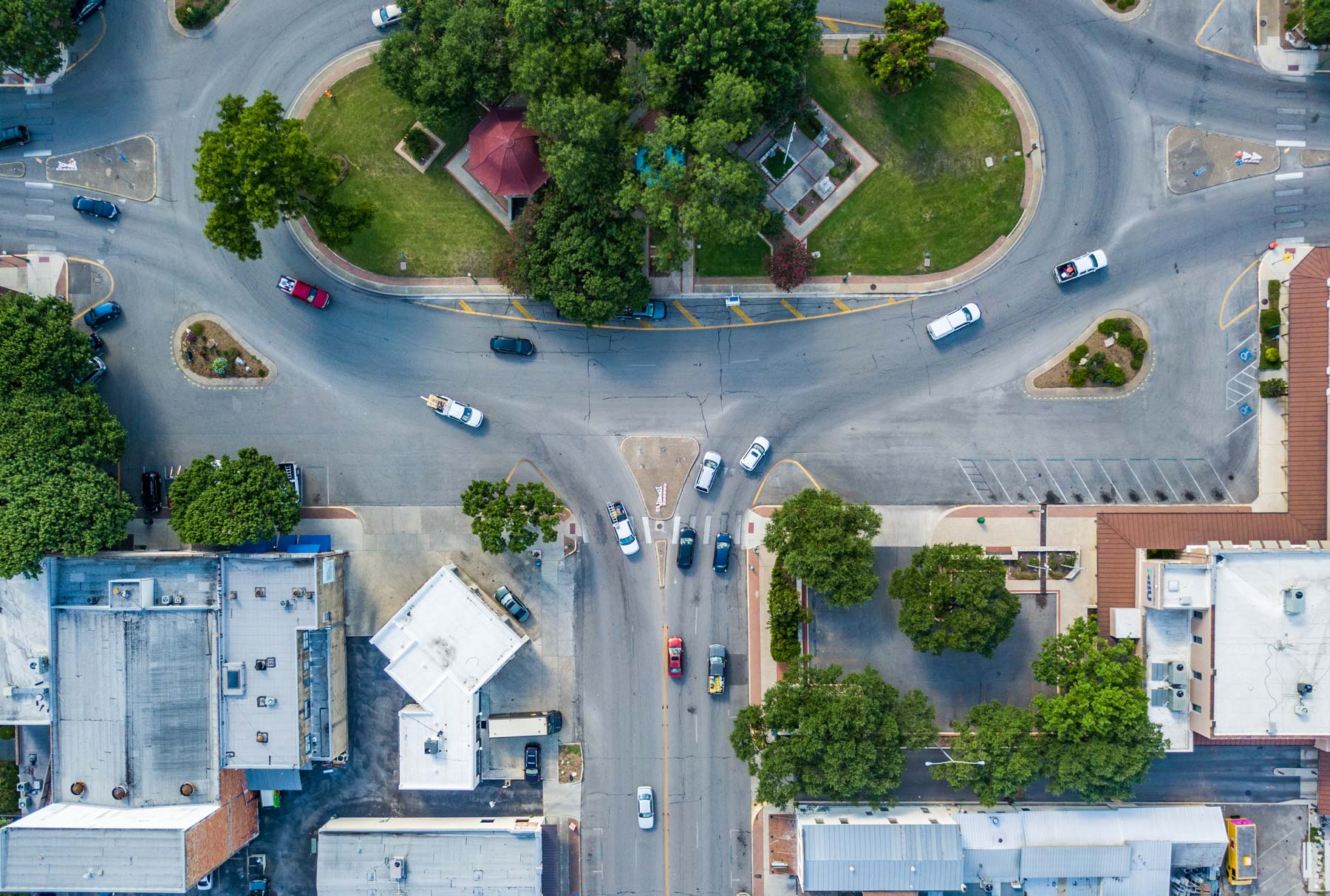Self-driving car companies are legally and publicly testing their autonomous vehicles across the United States, including Texas. While fully autonomous vehicles are still restricted to private test centers, pilot programs of partially autonomous vehicles are happening right here in San Antonio and across the country.
Human supervisors are tasked with monitoring these self-driving vehicles and intervening as necessary. Even so, these autonomous cars have still caused severe auto crashes and safety incidents.
Keep reading to learn more about the present and future of self-driving vehicles and their legal and safety status.
Self-Driving Vehicles Are Not New to Texas Roadways
Companies have been testing self-driving vehicles on Texas roadways for years. Many programs are still in the pilot phase — with extensive monitoring and a human driver who can take the wheel as needed. While fully autonomous vehicles and services have yet to hit the streets, we should expect to see this technology continue to expand, especially for commercial use.
Autonomous Shuttles and Taxis
Autonomous vehicle testing in Texas centers around self-driving public transportation, such as VIA shuttles and Google’s Waymo taxis. Brian Dillard, San Antonio’s Chief Innovation Officer, is actively working to facilitate these transportation options. He believes that staying on top of the emerging technology will provide more control and that autonomous vehicles will make commuting in downtown San Antonio simpler.
Self-Driving Delivery Services
Grocery retailer H-E-B is working toward launching a self-driving grocery delivery service in San Antonio. For the time being, the test vehicle is only semi-autonomous with a human element.
“If the initiative is expanded, the retailer will implement a multi-phased roll out to give the technology time to learn the safest, most efficient routes, which will eventually lead to the ADV becoming fully driverless.” – H-E-B
What Is the Legal Situation Surrounding Self-Driving Cars?
Recently, emerging technology such as electric scooters took many local governments and safety organizations by surprise — leaving them scrambling to determine legislation, regulation, procedures, and protocols. With autonomous cars, Texas is trying to remain proactive, getting laws and procedures in place before self-driving vehicles become a widespread reality.
Texas officials hope that by working with self-driving companies and allowing testing and pilot programs, they’ll be able to prepare for the inevitability of fully autonomous vehicles on our roads (and avoid a repeat of the e-scooter situation). In addition, lawmakers are working to pass laws that increase the liability of autonomous vehicle manufacturers and equip these vehicles with the latest software and failure alert systems.
But while Texas has facilitated testing of self-driving vehicles and plans to implement stricter rules, they’re presently holding these companies to very few legal and safety requirements. Currently, companies can legally test their self-driving cars as long as the vehicles:
- Follow all rules of the road
- Possess video-monitoring technology
- Have adequate insurance coverage
The Big Debate: Are Self-Driving Cars Safer or More Dangerous?
While Texas does not yet have fully self-driving cars on our streets, many newer vehicles do have partially autonomous features, including:
- Lane-centering assist
- Automatic emergency braking
- Adaptive cruise control
According to the National Highway Traffic Safety Administration (NHTSA), these driver-assist technologies have improved the safety of our roads. Consequently, supporters believe that expanding available autonomous features would further improve road safety.
The NHTSA and other supporting organizations also talk about the safety benefits of removing the element of human error, which they report causes 94% of serious crashes. However, critics point out that while self-driving vehicles might eliminate the element of driver error, the potential for human error would remain.
There’s no denying that drivers are a significant cause of crashes, but they’re only one potential cause. Even in non-autonomous vehicle crashes, other parties (such as mechanics or manufacturers) can be responsible for a collision. Furthermore, human beings develop the autonomous technology that can supposedly detect and react just as well — or even better — than a human.
Humans design the cars. Humans test the cars. Self-driving cars are merely trading human driving errors for human programming errors.
A safe autonomous system might exist someday. In the meantime, there is significant concern that the human “back-up” drivers in partially autonomous vehicles will become complacent — or that flaws in the designs or programming will cause crashes. There’s further worry that pedestrians and others on our roads and sidewalks will be the ones to get hurt.
Crosley Law Advocates for Improved Road Safety
At Crosley Law, we strive to help improve the safety of roads in San Antonio and throughout Texas by holding negligent parties responsible for their actions. While we hope that autonomous technology will someday improve the safety of our roads, we recognize that the technology is not there yet. In the meantime, self-driving vehicle testing and pilot programs on public roads represent a risk.
Contact our experienced car accident and commercial accident attorneys to learn more about your rights and options, regardless of whether your injuries were caused by driver or programming error. Call us at 210-LAW-3000 | 210-529-3000 or complete our contact form to get started today.
References
H-E-B. (10 July, 2019). H-E-B to test delivery service from vehicle with self-driving technology [press release]. Retrieved from https://newsroom.heb.com/h-e-b-to-test-delivery-service-from-vehicle-with-self-driving-technology/
National Highway Traffic Safety Administration. (8 December, 2019). Automated Vehicles for Safety. Washington DC: U.S. Department of Transportation. Retrieved from https://www.nhtsa.gov/technology-innovation/automated-vehicles-safety
Wang, J. (26 August, 2019). Autonomous vehicles could arrive in San Antonio by end of year. Rivard Report. Retrieved from https://therivardreport.com/autonomous-vehicles-could-arrive-in-san-antonio-by-end-of-year/
The content provided here is for informational purposes only and should not be construed as legal advice on any subject.









